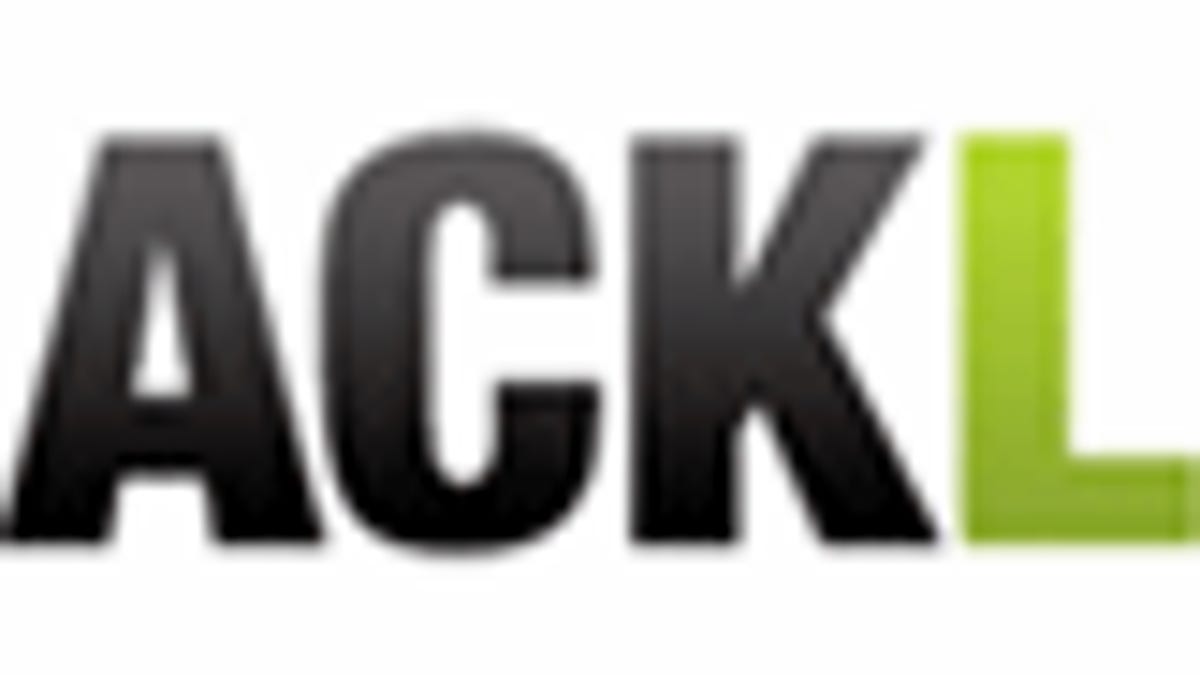BlackLocus levels online prices
If you're an online retailer, you need to give BlackLocus a serious look.

The audience favorite (and mine, too) at the Under the Radar tech pitch conference last week was BlackLocus. It's like the NexTag consumer price comparison engine, for but retail businesses.
BlackLocus ingests a retailer's catalog, then finds selling prices on each item in that catalog at competing retailers. The service is supposed to be able to match products across vendors, even if the online display of the item isn't in a standard format.
The product can tell retailers which items they're selling at too-high (or needlessly low) prices. It also plots prices on items against the Web traffic of competing retailers, so you can choose to ignore outlier prices at small-fry vendors. It's all very useful information, but if you're trying to manage a catalog of thousands of items, it might be too much information to act on quickly enough.
This product is a win for everyone: Retailers get data to help them set prices that are in line with their business goals, and this should also lead to overall lower prices for consumers, and hopefully push competition to areas like customer service (see, for example, the service Room 77 adds to hotel booking).
And as more retailers use tools like this to adjust prices on the fly, consumers will want to find not just the best prices at a given moment, but intelligence on which way prices are likely to move in the short-term future. Earlier this year I covered Decide.com, which predicts price moves on consumer technology products. CEO Mike Fridgen says even when retailers are using systems like BlackLocus, Decide can still make good price predictions.

